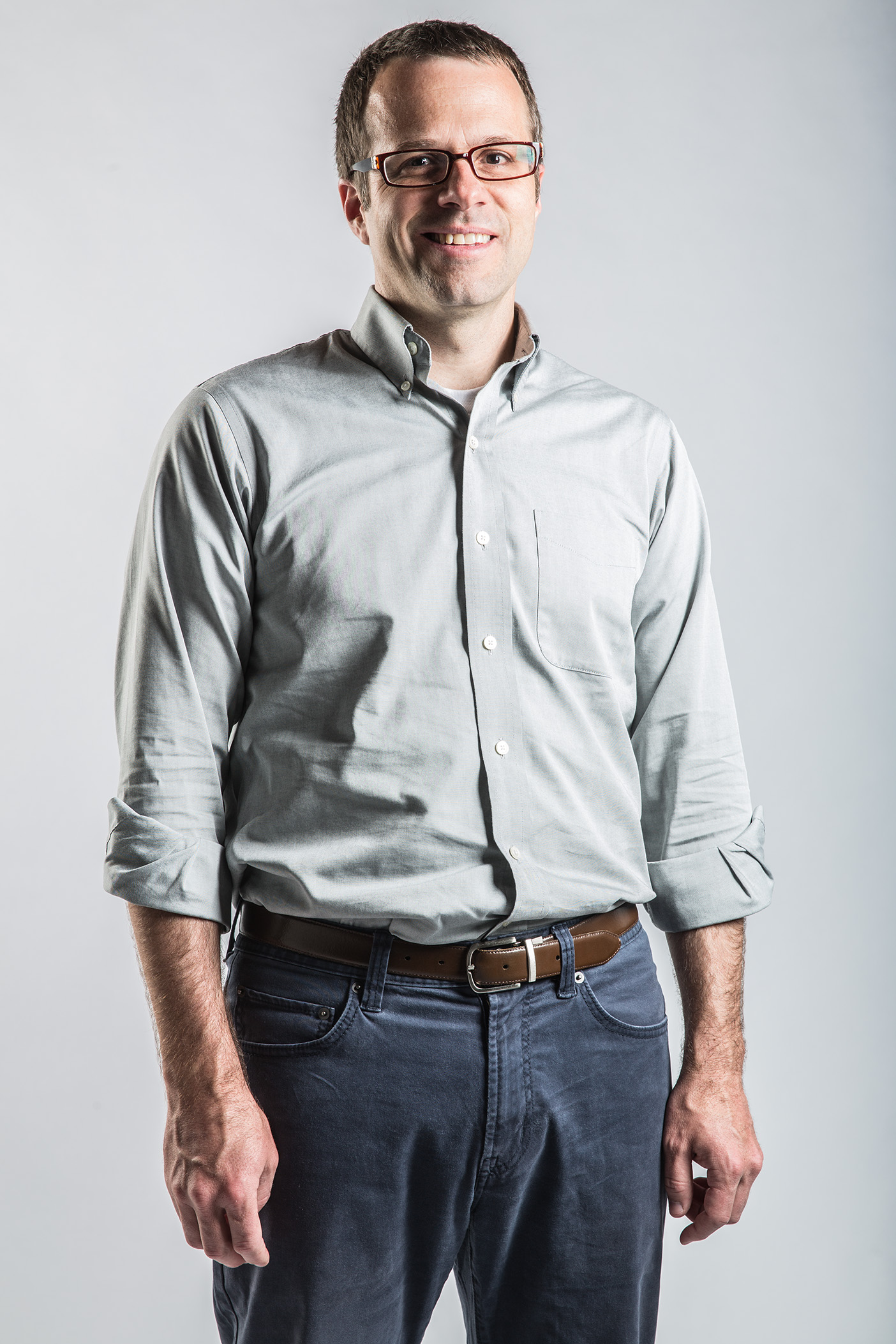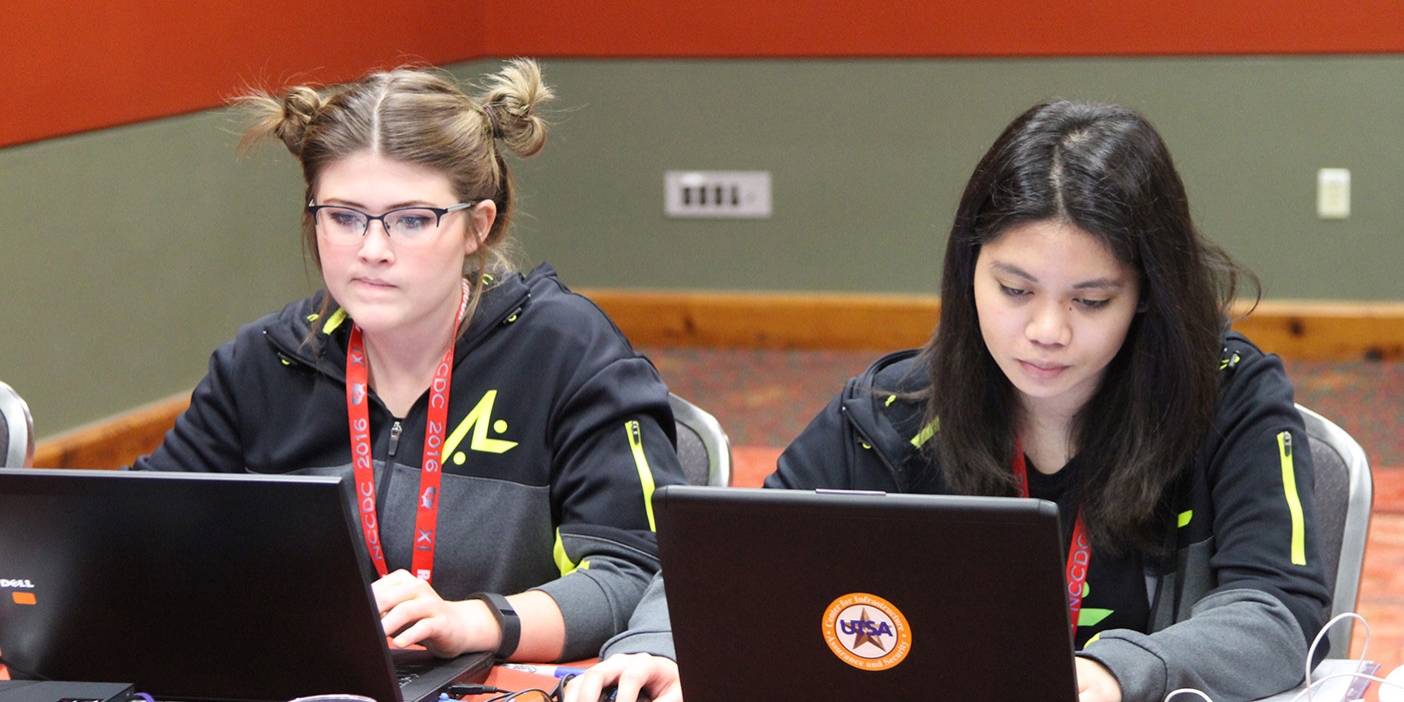
For more than a decade, English professor Brian D. Jackson (BA ’01, MA ’03) has studied rhetoric, “the art of using symbols [including words] to influence the attitudes and judgments of others.” He recently taught a class exploring contemporary American political rhetoric and acknowledges the term’s loaded connotation: “It’s used almost universally as a synonym for empty, inflammatory, or deceptive speech.” Despite that perception, he says it’s “the method by which we share collective aspirations—visions of our living together.”
Q: What kind of political rhetoric is most impactful?
A: Fear and loathing. We know that negative ads and fear-mongering are stickier than their opposites. We also know that stories are stronger than statistics.
Q: What should we be wary of?
A: Political rhetoric is a many-splendored thing, as is deception. We’ve invented fact-checking to keep politicians honest, but sometimes what’s most destructive is not outright lying but simplifying to evade accountability, cherry-picking quotes out of context, or treating political opponents like enemies instead of adversaries worthy of respect.
Q: What have been the rhetorical hallmarks of this presidential election cycle?
A: The “outsider” factor. Bernie Sanders connected with young people in a way that younger candidates haven’t, even though his delivery tended to project a grumpy man popping invisible bubbles in the air. The other outsider, Donald Trump, has been all ethos—a term from classical rhetoric referring to the character or identity a speaker constructs through rhetoric. The substance of Trump’s speeches is less important than the absolute confidence in himself that he projects.
Q: Could politics exist without rhetoric?
A: Nope. Communication is a fundamental human need. No talk, no tribe. We use political rhetoric at every level of civil society, and we need to get better at it.
Q: How do we do that?
A:We should be engaged citizens capable of critical thought. We need to understand bias, evidence, and goodwill.












